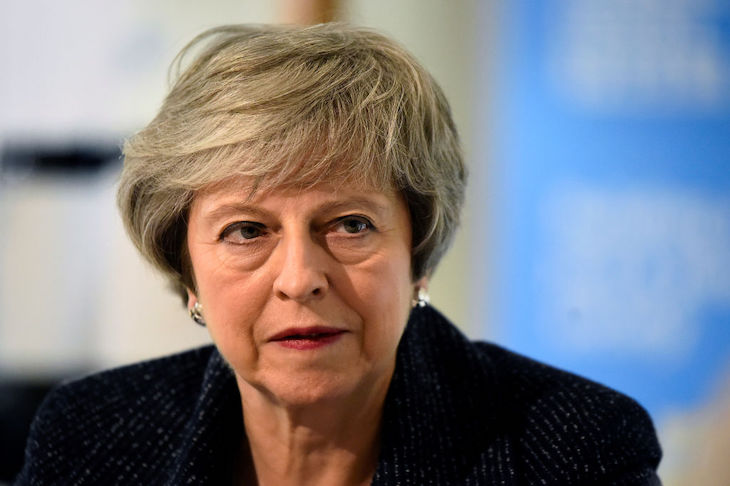When Theresa May goes to Brussels next week to bat for changes to the backstop, she’ll do so with a large crack in her bat—I say in The Sun this morning. The symbolic defeat that MPs inflicted on her Brexit plan on Thursday night has significantly weakened her negotiating position.
The EU doesn’t want to make significant changes to the backstop. When the Brady amendment passed the House of Commons, saying parliament would accept the deal if the backstop was replaced, the EU responded by saying that they didn’t think this parliament majority was ‘stable’. Thursday night’s vote helps them make that argument.
I understand that when the Brexit Secretary Steve Barclay dined in Brussels this week, Sabine Weyand—the EU’s deputy negotiator—spent her time telling him that a customs union was the only major change to the backstop available.
The EU think that Corbyn’s support for it means that a customs union could pass parliament. I am told that Barclay attempted to disabuse them of this idea.
May can’t entirely escape blame for this week’s fiasco. Number 10 should have made sure that its own MPs were happy with the wording before publishing the motion. But the Tory Brexit ultras should have paid more heed to the real-world consequences of their actions.
Another effect of Thursday night’s defeat for the government is that it increases the chances of the Cooper amendment passing on the 27th February. One Cabinet Minister, with close links to several of the ministers who might quit to ensure that this amendment goes through, tells me that it is now ‘much more likely’ to pass.
Another minister warns that ‘if she doesn’t come back with something cooking by the 27th, they’ll be trouble.’
Other Cabinet Ministers aren’t so sure Cooper will pass. One tells me, ‘I don’t think the ministers will resign and if they don’t resign, then it doesn’t pass.’
If Cooper does go through, politics will enter into an even more unpredictable phase. One May Cabinet ally is predicting a general election if this happens.
But it is hard to see how a general election could end in anything other than disaster for the Tories in these circumstances.
If Theresa May is forced to ask the EU for an extension but with no parliamentary agreement in sight, then the EU is more likely to offer a long extension than a short one. I understand that the view in several EU capitals is that the longer the extension, the more likely it is that the political dynamics in the UK will change.







Comments